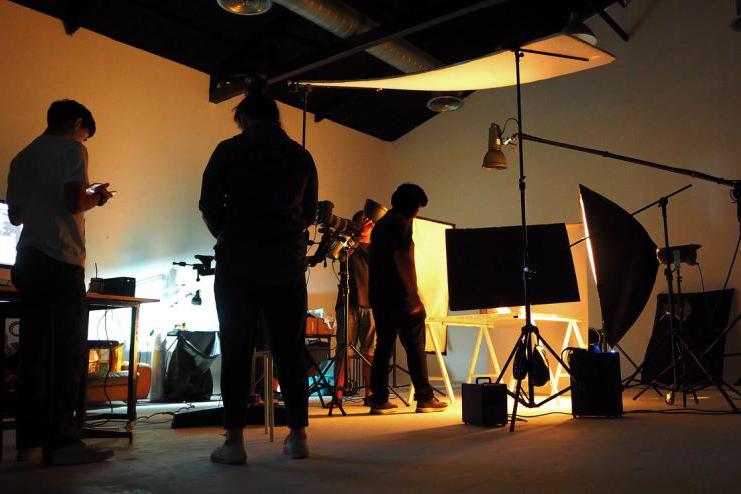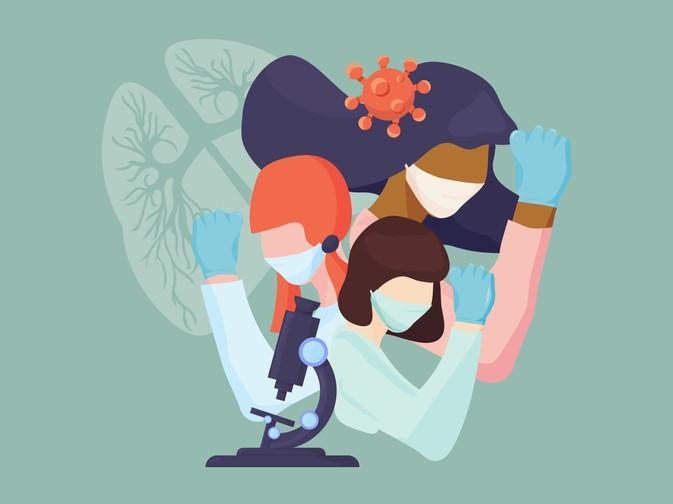
Film storytelling can enhance learning in STEM subjects

You may also like
As human beings, we have a gift that is uniquely ours: we learn by listening to stories. Stories create possibilities and can move us individually, collectively, nationally and globally. They bypass our rational brain and go straight to our subconscious, connecting us at an emotional and non-verbal level. Personalised, reflective, subjective stories make us feel first and move us emotionally, which deepens our understanding.
Neuroscience teaches us that we learn best when we get excited and when we can relate to a bigger and broader purpose. These feelings of excitement activate parts of our brain that are distinctly different from the frontal cortex that processes data and logic, vital for STEM subject study. But if we make STEM students feel first, will they learn more effectively? I tested this out in an ambitious experimental pilot project.
I made a docufiction film about the power of genetic counselling and genetic diagnostics in managing human diseases that have major genetic causes. The film focused on a real family in India I worked with that had a severe form of blindness (glaucoma) running in their family. My colleagues and I identified the genetic cause behind their disease and that informed and improved the way clinicians managed the patients. Before making this film, I used to narrate the story during my lectures on clinical genetics. Student feedback consistently revealed that it was the most memorable part of the course. That motivated me to make the film.
At our university and in most UK institutions there are small, recurring internal funding schemes that support outreach activities that showcase the impact of teaching and research. These are competitive and there is flexibility in the ways applicants can use the funds. I started by approaching the fund manager to discuss the idea of using subjective storytelling, which tells stories through the lens of one character’s experience, to increase awareness in students and others. The funding panel heard my pitch and allowed me to apply. I considered the ethical implications and decided to find a filmmaking team from West Bengal in India, also home to the subjects of the documentary, so that I could be as authentic as possible in my approach.
- Resource collection: Show time: how to be an engaging teacher
- When to use online laboratories for STEM teaching and why
- High tech and high touch: designing a bridging system to help students prepare for STEM studies
I planned the project in three stages. Initially, I only requested some travel money, which enabled me to visit India and find a production company that gave me an estimated budget. When planning something similar, it’s important to consider the pre-production costs: the costs of hiring filming equipment, studios and technicians, and travelling between filming locations. Then there are post-production costs, which include editing, adding subtitles, creating a trailer and dissemination through various channels. As a rough guide, a documentary or a docufiction production with a small cast of under 30 minutes shot at a single location can cost upwards of £10,000.
First, I applied for some funds to commission a script for the film. I met the filmmakers, explaining the concept and the project’s objectives, and they created a first draft, which I corrected. Crucially, at this stage, I discussed the draft script with some final-year undergraduate students and incorporated their feedback. During this step, I observed increased interest from students about the project and, more broadly, about careers in genetics and genetic counselling.
In the next financial year’s funding round, I applied for additional funds to complete the filming and editing, along with funds for music and subtitling. Once this was done, we secured more funds from other sources to take part in screening events in India. Later, we posted the film on YouTube.
Since the completion and dissemination of the film, there has been significant interest and improved engagement from students at various stages of their learning journeys. This includes primarily higher education students at the University of Salford, but also students in India and around the world. Beyond that, the film has engaged the community at large, as evidenced by YouTube engagement.
The biomedical science students at the University of Salford run a student-led biomedicine society. They organised a screening of the film during the 2023-24 induction week. They then posted a video and podcast featuring information about it to share it among students.
Since September 2023, I have been showing clips from the film during relevant lectures while narrating the story and discussing the power of genetic testing in healthcare. I have found that doing so always prompts further discussions. Several students have decided to pursue careers in genetic counselling after interacting with me and watching the film.
Stories serve as primal forms of communication that connect us to ancient traditions and shared human experiences. Pleasurable experiences with storytelling prompt the release of neurotransmitters that excite the human brain. In the era of social technologies, authentic storytelling becomes a powerful tool, serving as the basis for cultural and social change, a fundamental role of higher education.
Arijit Mukhopadhyay is an associate professor in precision health at the University of Salford School of Science Engineering and Environment in the UK.
If you would like advice and insight from academics and university staff delivered direct to your inbox each week, sign up for the Campus newsletter.


